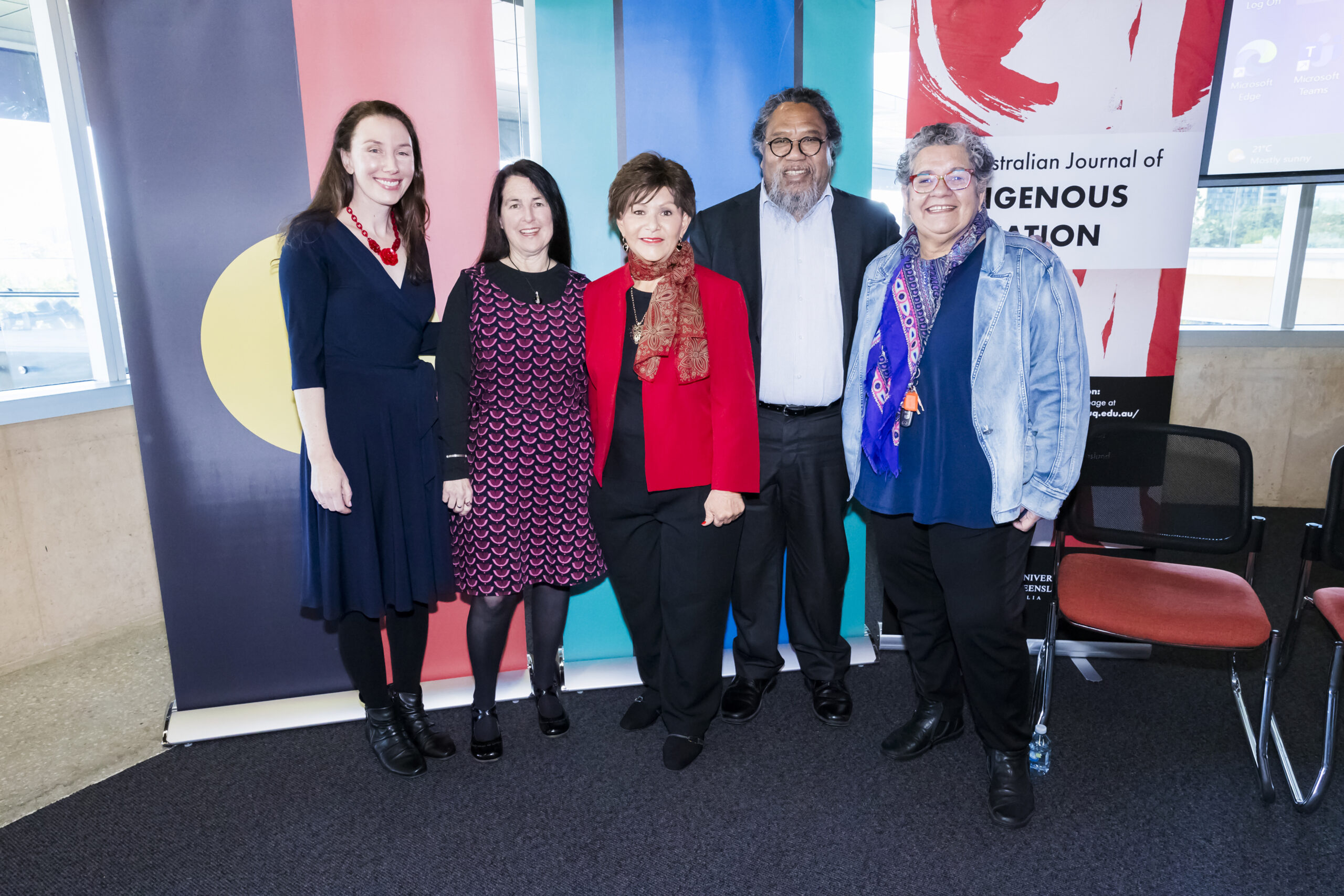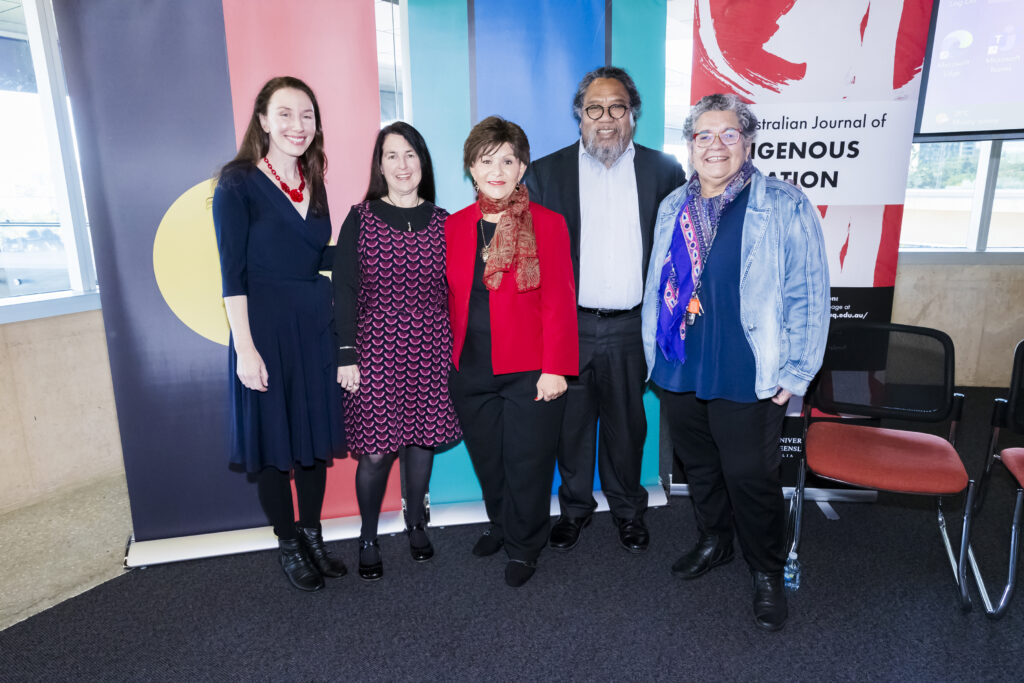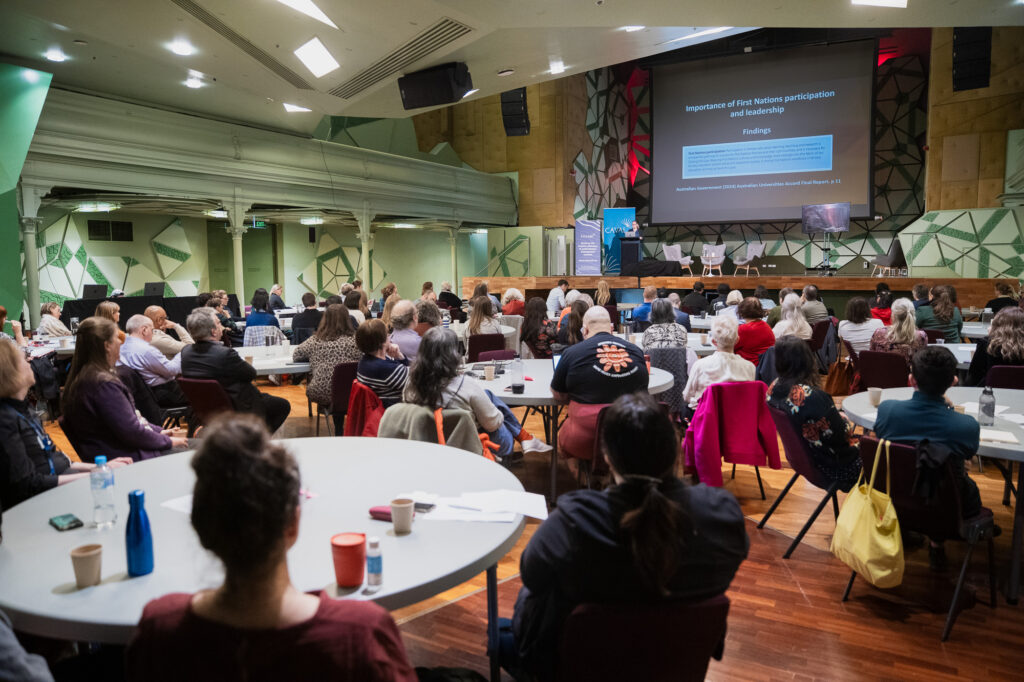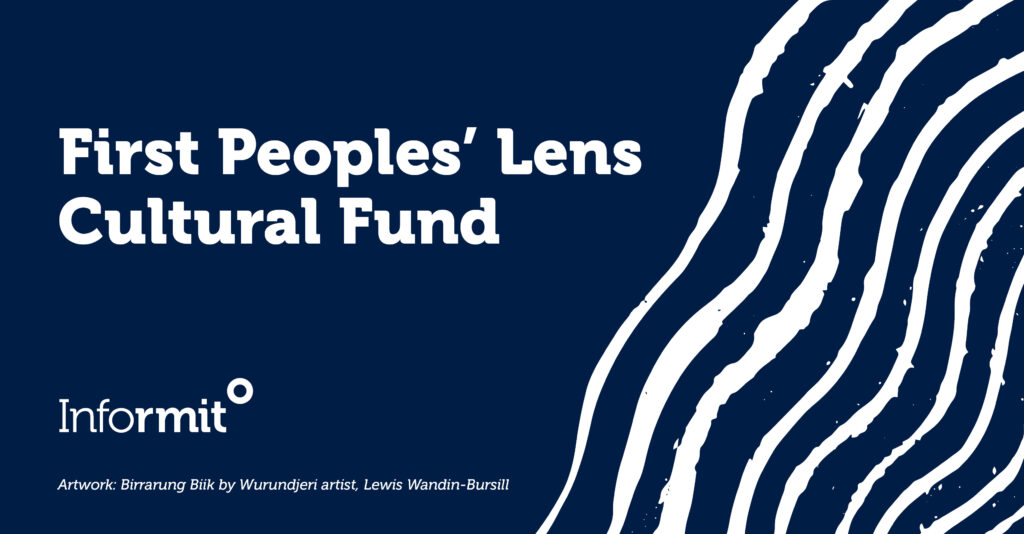
In 2023, The Australian Journal of Indigenous Education (AJIE) reached a significant milestone, celebrating 50 years of publication.
Originally conceived as a response to the National Workshop on Aboriginal Education in 1971, AJIE aimed to provide a platform for educators to share strategies and engage in meaningful dialogue. Over the years, AJIE has transformed into an internationally refereed journal that publishes peer-reviewed papers on the theory, method, and practice of Indigenous education, advancing scholarship in the field and sharing stories of success and strength-based approaches.
Informit was proud to support AJIE in 2023 through our inaugural First Peoples’ Lens Cultural Fund. The fund allowed AJIE to cover essential publishing costs, ensuring the continued dissemination of valuable research that contributes to the advancement of Indigenous education.
“Our Cultural fund was born out of Informit’s commitment to promote the achievements of Indigenous scholars, build strong relationships with Aboriginal and Torres Strait Islander people and organisations, and support Indigenous-led ways of knowing, being and doing,” Informit’s Director, Emma Juniper says.
“We were thrilled to support AJIE in 2023, a journal which focuses on Indigenous education in Australia and encourages Indigenous scholars, including early career Indigenous scholars. We look forward to supporting more important projects through the fund in 2024.”
The journey of AJIE reflects a commitment to growth and adaptation. In 1996, the journal was renamed The Australian Journal of Indigenous Education, and in 2003, it transitioned into a peer-reviewed research journal to meet the evolving demands of its readership. The editorial team consists of Professor Bronwyn Fredericks and Professor Martin Nakata as co-editors, Associate Professor Katelyn Barney as managing editor, Sonia Nitchell as senior publications officer, and an editorial board consisting of Aboriginal and Torres Strait Islander scholars across Australia.
“The core values and principles guiding AJIE’s publishing endeavours are deeply rooted in ethics and accountability. The journal upholds principles such as Indigenous self-determination, Indigenous leadership, and sustainability, ensuring high-quality publications that demonstrate ethical research practices,” says Associate Professor Katelyn Barney, managing editor of the AJIE.
What sets AJIE apart is its singular focus on Indigenous education in Australia. With a mission to amplify diverse voices and perspectives, the journal encourages Indigenous scholars, including early-career researchers, to contribute their work.
AJIE’s commitment to accessibility is exemplified by its open-access model. By becoming open access, the journal has expanded its reach, making scholarly articles widely accessible to community members, educators, and academics alike. This move has been recognised by the Directory of Open Access Journals, earning AJIE the DOAJ Seal for best practice in open access.
In 2024, AJIE is set to achieve new milestones. The entire journal archive will be available online, a testament to the dedication of the editorial team. Additionally, two volumes will be published in August and December, continuing the tradition of scholarly excellence.
“As AJIE looks towards the future, it remains steadfast in its commitment to advancing scholarship on Indigenous education. With a focus on solutions and self-determination, the journal continues to be a catalyst for positive change in the field,” says Associate Professor Barney.
For more information about The Australian Journal of Indigenous Education and its upcoming initiatives, visit AJIE’s website and read the latest volume here.

Photo credit (AJIE): A/Prof Katelyn Barney (Managing Editor), Sonia Nitchell (Senior Publications Officer), Prof Bronwyn Fredericks (Co-Editor) Prof Martin Nakata (Co-Editor), Prof Tracey Bunda (editorial board member). Taken by Michael Marston at the 50th anniversary of AJIE in 2023.


